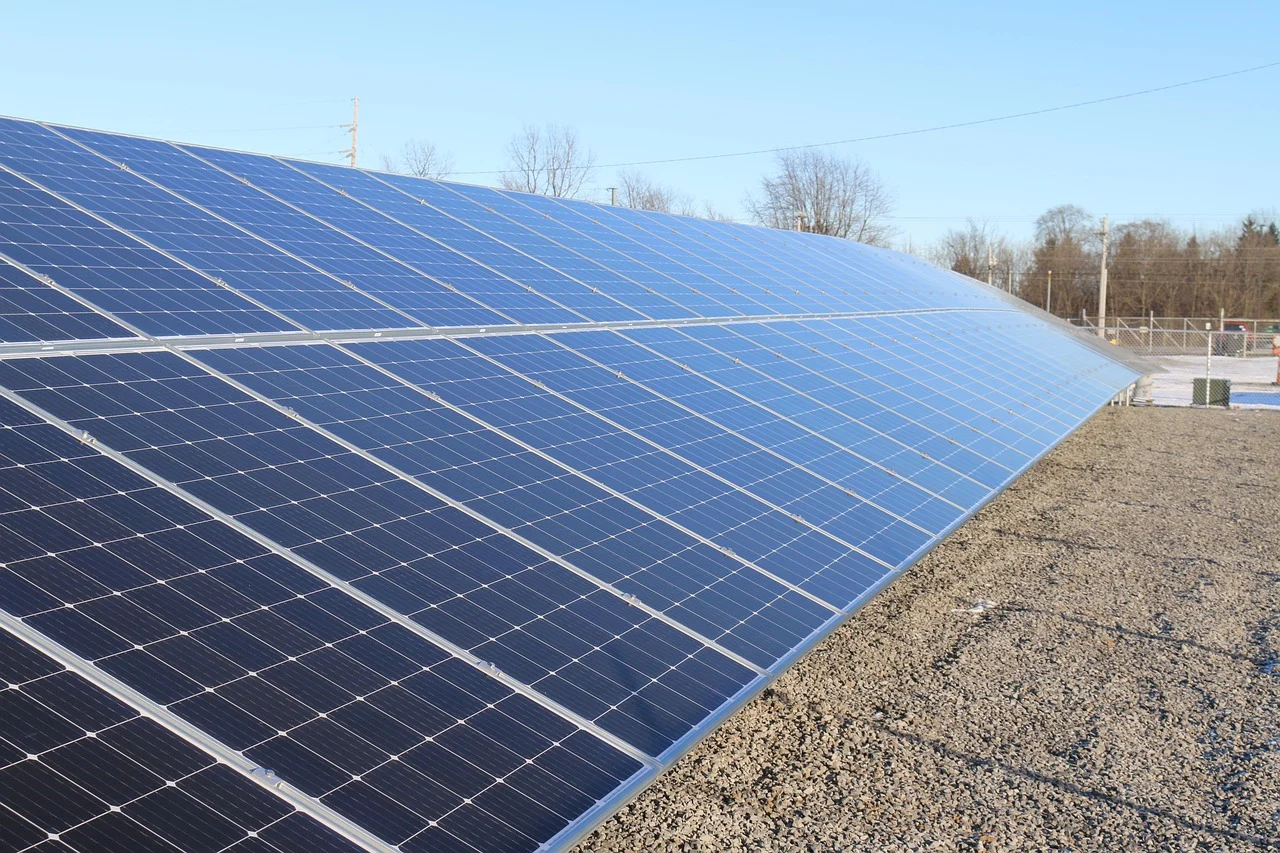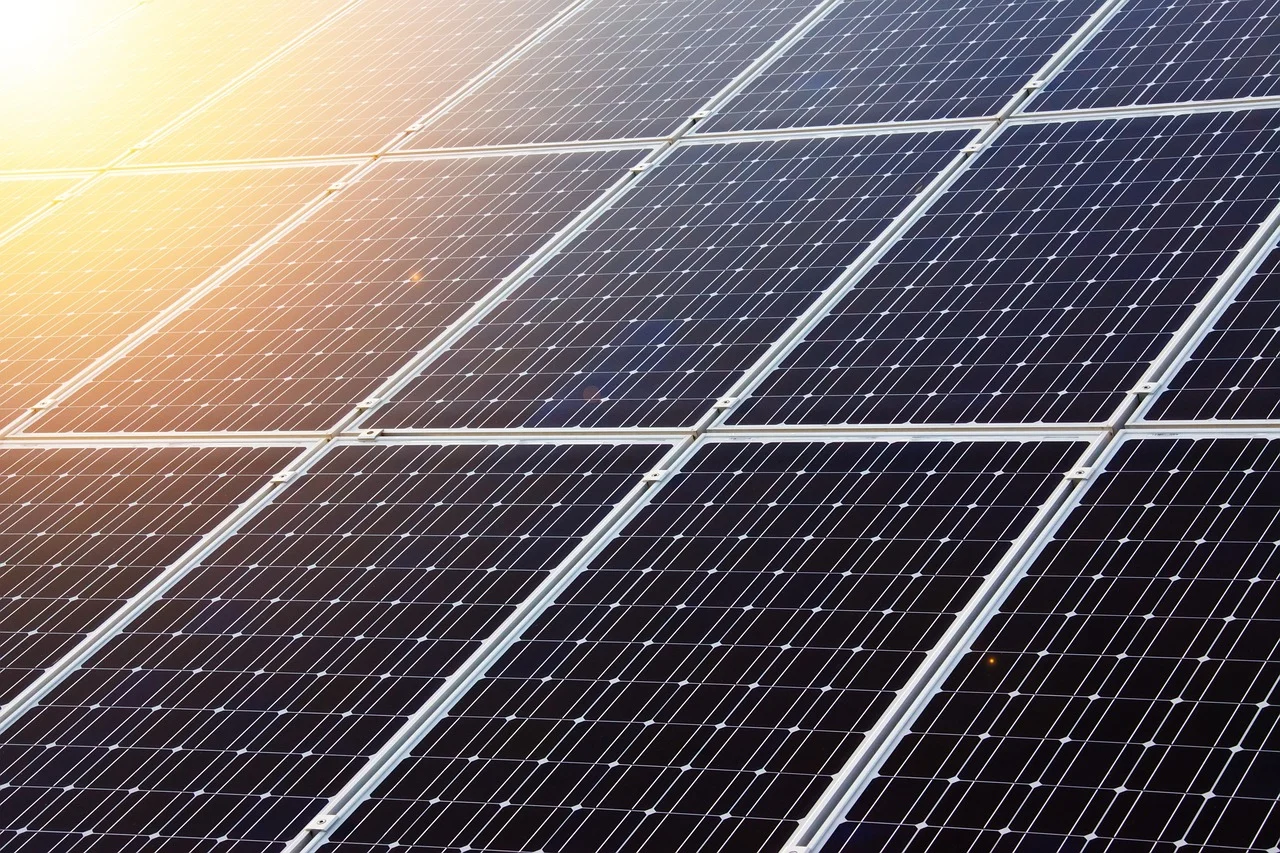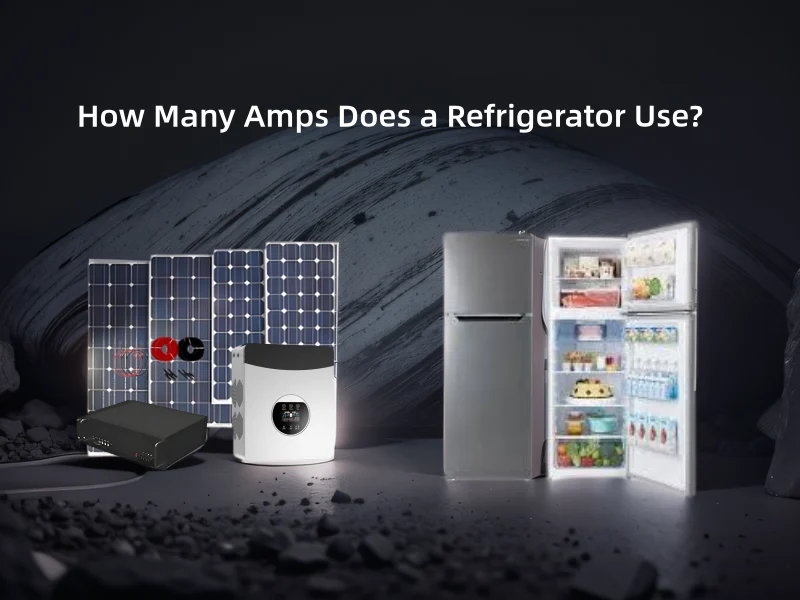A combination of solar panels and lithium batteries is a game-changing set for marine energy systems. Energy independence, along with the added advantages of being 'greener' and cutting costs, makes for an irresistible combination-for boats, yachts, and even houseboats.
But is complete independence achievable? Let’s explore how this synergy works and the challenges it might face.
Harnessing Solar Power for Boats
The Basics of Solar Panels on Boats
Solar panels convert sunlight into electricity, providing a clean, renewable energy source. Boats equipped with solar panels can tap into this unlimited resource to power everything from navigation systems to appliances.
- Key Advantage: Solar panels generate energy silently and without emissions, ideal for tranquil marine settings.
- Limitations: Power generation depends on sunlight, which fluctuates with weather and time of day.
Lithium Batteries: Efficient Energy Storage
Lithium batteries, particularly LiFePO4 batteries, are the perfect complement to solar panels. They store excess solar energy generated during the day for use at night or during cloudy periods.
Why Lithium Batteries Are Ideal
- High Energy Density: Store more power in less space—critical for boats where every inch counts.
- Durability: With a lifespan of 2000–5000 cycles, they outlast traditional lead-acid batteries.
- Fast Charging: Quickly absorbs solar energy, even during short sunlight windows.
- Lightweight: Reduces overall boat weight, improving fuel efficiency or sailing performance.
How the Combination Works
The Process
- Solar Panels Generate Energy: Panels convert sunlight into DC electricity during the day.
- Lithium Batteries Store Energy: Excess power charges the batteries, ensuring a backup supply.
- Inverter Converts Power: An inverter transforms DC into AC electricity for onboard appliances and systems.
Real-World Application
- Electric Boats: Completely powered by this setup, eliminating reliance on fossil fuels.
- Houseboats: Solar-lithium systems provide uninterrupted power for extended stays off-grid.
Benefits of Solar and Lithium Integration
1. Energy Independence
It allows the boat to reduce or even totally avoid using shore power or diesel generators since it can generate and store its own energy.
2. Cost Savings
Although the initial capital involved in solar panels and lithium batteries is high, long-term fuel savings and reduced maintenance pay for it.
3. Environmental Benefits
This combination reduces carbon emissions, promoting a sustainable marine ecosystem.
4. Low Maintenance
Lithium batteries require minimal upkeep compared to traditional alternatives, saving time and effort.
Challenges to Achieving Complete Energy Independence
- Weather Dependency: Cloudy days or long periods without sunlight can limit power generation.
- Initial Cost: High upfront investment for solar panels and lithium batteries may deter some boat owners.
- Energy Demand: Boats with high energy consumption may require extensive solar arrays and battery banks.
Real-World Example: Solar-Powered Catamarans
For instance, solar-powered catamarans, like the Silent Yachts series, rely only on solar panels and lithium batteries for propulsion and all onboard systems. Such vessels could go for days without being externally charged, a possibility with this combination toward full energy independence.
Thought-Provoking Questions
- Could hybrid systems combining wind turbinesand solar panels enhance reliability during low-sunlight periods?
The marriage of solar panels and lithium batteries is revolutionizing marine energy systems, offering a pathway to energy independence that's cleaner, quieter, and more sustainable. While there are still some challenges with this technology, the benefits far outweigh the drawbacks, thus setting courses for a greener future on the water. Be it an off-grid life or simply to reduce your carbon wake, this combination is a bright solution for powering the seas.






 Afrikaans
Afrikaans Albanian
Albanian Amharic
Amharic Arabic
Arabic Armenian
Armenian Azerbaijani
Azerbaijani Basque
Basque Belarusian
Belarusian Bengali
Bengali Bosnian
Bosnian Bulgarian
Bulgarian Catalan
Catalan Cebuano
Cebuano Chichewa
Chichewa Chinese (Simplified)
Chinese (Simplified) Chinese (Traditional)
Chinese (Traditional) Corsican
Corsican Croatian
Croatian Czech
Czech Danish
Danish Dutch
Dutch English
English Esperanto
Esperanto Estonian
Estonian Filipino
Filipino Finnish
Finnish French
French Frisian
Frisian Galician
Galician Georgian
Georgian German
German Greek
Greek Gujarati
Gujarati Haitian Creole
Haitian Creole Hausa
Hausa Hawaiian
Hawaiian Hebrew
Hebrew Hindi
Hindi Hmong
Hmong Hungarian
Hungarian Icelandic
Icelandic Igbo
Igbo Indonesian
Indonesian Irish
Irish Italian
Italian Japanese
Japanese Javanese
Javanese Kannada
Kannada Kazakh
Kazakh Khmer
Khmer Korean
Korean Kurdish (Kurmanji)
Kurdish (Kurmanji) Kyrgyz
Kyrgyz Lao
Lao Latin
Latin Latvian
Latvian Lithuanian
Lithuanian Luxembourgish
Luxembourgish Macedonian
Macedonian Malagasy
Malagasy Malay
Malay Malayalam
Malayalam Maltese
Maltese Maori
Maori Marathi
Marathi Mongolian
Mongolian Myanmar (Burmese)
Myanmar (Burmese) Nepali
Nepali Norwegian
Norwegian Pashto
Pashto Persian
Persian Polish
Polish Portuguese
Portuguese Punjabi
Punjabi Romanian
Romanian Russian
Russian Samoan
Samoan Scottish Gaelic
Scottish Gaelic Serbian
Serbian Sesotho
Sesotho Shona
Shona Sindhi
Sindhi Sinhala
Sinhala Slovak
Slovak Slovenian
Slovenian Somali
Somali Spanish
Spanish Sundanese
Sundanese Swahili
Swahili Swedish
Swedish Tajik
Tajik Tamil
Tamil Telugu
Telugu Thai
Thai Turkish
Turkish Ukrainian
Ukrainian Urdu
Urdu Uzbek
Uzbek Vietnamese
Vietnamese Welsh
Welsh Xhosa
Xhosa Yiddish
Yiddish Yoruba
Yoruba Zulu
Zulu